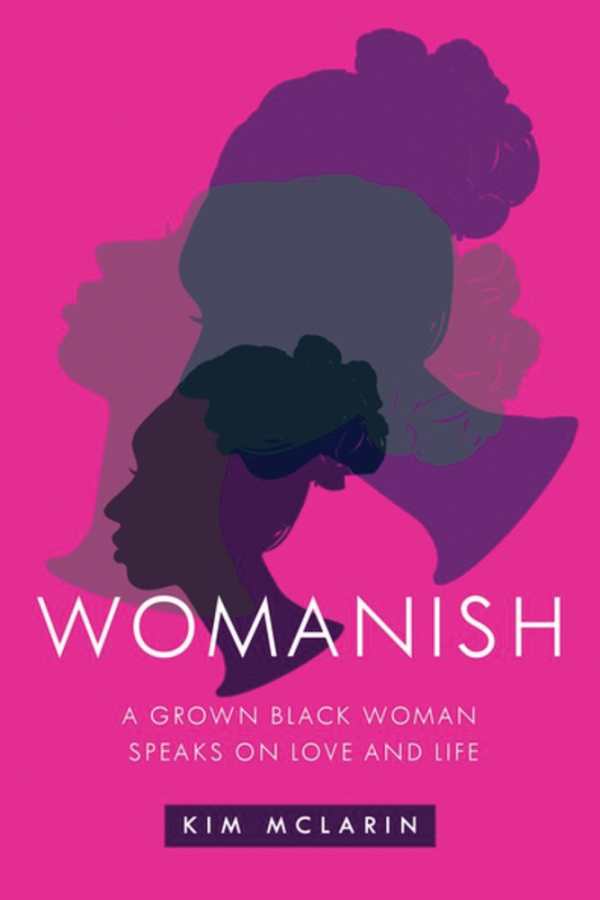Womanish
A Grown Black Woman Speaks on Love and Life
The first step of deprogramming is education, informing the person you are trying to free just how indoctrination works to hamstring a mind. But information alone will not free a believer from her beliefs, no matter how destructive, because belief is not intellectual.
From this powerful opening gambit, Kim McLarin’s Womanish: A Grown Black Woman Speaks on Love and Life confronts some of the most opaque and stubborn ideologies undergirding US culture in essays full of insights as precise as tactical strikes.
Derived from the black folk expression “womanish,” a womanist is a black feminist or feminist of color—the opposite of the frivolous and irresponsible connotations of “girlish.” A womanist is grown, and McLarin is a womanist at the height of her powers. McLarin’s penetrating narrative voice is completely at home in itself, whether it’s taking on the culturally related monoliths of beauty, blackness, white feminism, motherhood, mental illness, health, or class.
Integrating the work of formidable black intellectuals, research data, interview excerpts, and memoir, McLarin casts systemic issues in experiential terms, anchoring them in a narrative of friends, family, and self. Like James Baldwin, McLarin is equally concerned with the “lies we tell ourselves as Americans” and “the distortions and stories and justifications we tell ourselves as human beings.”
Also like Baldwin, McLarin is smart as hell; this fact emanates off the page, from her invocation of Alice Walker and Audre Lorde to explain online dating, to the “misogynynoir” she uses to delve into the intersections of misogyny and colorism, to her reclamation of personal vulnerability as a necessary insistence of humanity and self-worth.
Womanish is the education the United States needs but doesn’t deserve. Not only has McLarin done the homework, she’s created an elegant cheat sheet in the form of thirteen perfect essays.
Reviewed by
Letitia Montgomery-Rodgers
Disclosure: This article is not an endorsement, but a review. The publisher of this book provided free copies of the book to have their book reviewed by a professional reviewer. No fee was paid by the publisher for this review. Foreword Reviews only recommends books that we love. Foreword Magazine, Inc. is disclosing this in accordance with the Federal Trade Commission’s 16 CFR, Part 255.

